Improve Everything!
Here’s an updated version of the book, Improve Everything! View video introduction explaining how you got to be watching this video and what you need to do to get a copy of the book. Don’t worry, your friend has already paid for it. Example of the book content follows the video.
From Reframing The Problem, Chapter 1
Mathematics has evolved, we have some more sophisticated tools, but in the end they don’t help much when it comes to money. In fact, the financial world is more volatile than it has ever been, with the arising of flight capital, the multi-billion-dollar exchanges conducted every pico-second of every day by evolutionary-algorithms. Most economics remains a guessing game, from international markets or the shop-owner down the street who doesn’t know if they are going to get enough money to survive this month. Uncertainty.
Modern economists may or may not be aware of chaos theory. Fund managers are like ancient mariners who cast their luck on the winds as they crossed the open seas, cast adrift for days in the doldrums, or taking safer coastal journeys with the risk of becoming wrecked as sea-storms crash them against jagged rocks in the shallows. The medium of water and its storms, the fluidity of money and its turbulence. The mathematics of uncertainty.
The core cause to the problem remains: how money traditionally operates. It comes down to what we generally described in the first half of this chapter. In other words:
“At the bottom of the uncertainty problem in economics is the forward-looking character of the economic process itself.”
Frank Knight, 1921
Ecosquared replaces this uncertainty with certainty. We treat money as a vector, not a scalar. Money has direction, not just magnitude. Simple.
We will examine this in some detail in the next chapter, however it might be useful to point out the benefits of tracking money as a vector:
- Viral distribution and revenue generation for any digital content — without advertising.
- Fair dispersal of revenue within a network through gratitude tracking — with no hierarchical payment structure.
- A non-monetary accounting system to engender self-organisation at a global scale.
- A fundamental economic process aligned to the human capacity to collaborate.
This level of innovation does not guarantee that we escape from the unpredictability of chaos theory, or somehow avoid the vaguaries of human behaviour. But rather, we offer a tool which takes away most of the financial machinery, the money located in companies and governments and other ‘super-organisms’ as described previously. It means each user can see what their use of money does; and more significantly, combined with other users, how money helps us get stuff done. Without all the financial furniture of companies and charities and government, and without the delays as money moves around them, we may be able to see more clearly how we can improve the quality of the roads outside our houses, the quality of foodstuffs offered to us, and even the more intangible things like the education in our schools and the decisions which need to be made to further our cultural heritage while stabilising our environmental stewardship.


